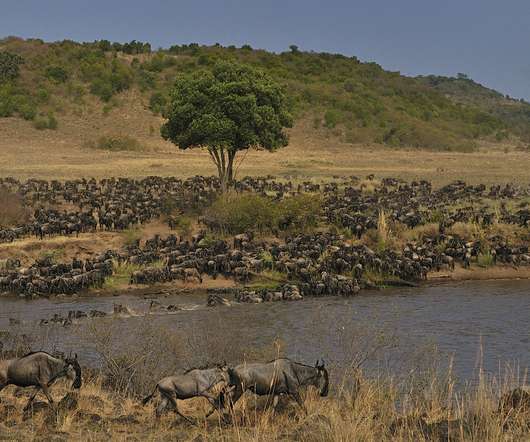Birding crème de la crème: Africa – Ngorongoro Crater to Queen Elizabeth II National Park
10,000 Birds
JANUARY 14, 2021
The bird-richest region of Africa is its equatorial East: Kenya, Tanzania, Uganda, Rwanda and Burundi (unlike the rest, the last one, Burundi, is politically unstable and not recommendable). At the time of writing, Uganda has 16 hotspots with 400+ so far eBirded species, of which one has almost 600 species. 4 Arusha NP 565 sp.












Let's personalize your content